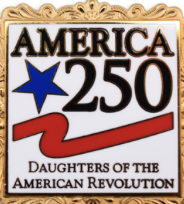Nathan Spicer, Sr.
Nathan Spicer, Sr. was born in Connecticut in 1735. His family had been in the American colonies since the mid-1600s. In 1756 he married Leah, with whom he had four children. She died eight years after their marriage. Approximately one year later, in 1765, Nathan married Abigail Mayhew, with whom he had nine children.
By 1775 the family was living in New York State where Nathan and some of his older sons were blacksmiths. After the battle of Lexington, Nathan was one of the “freemen and freeholders” who signed a pledge authored by men in New York City to “…resolve never to become slaves and do associate, under all the ties of religion, honor and love to our country, to adopt and endeavor to carry into execution whatsoever measures may be recommended by the Continental Congress….” (Reed, Newton. Early History of Amenia, N.Y., Amenia, NY, 1875. pp 51, 60-61.)
As blacksmiths Nathan and his sons made mattocks, wagon-wheel rims, felling axes, iron fittings for houses, chains, and plows. Some blacksmiths made and/or repaired arms for the Minute Men but it is not known if Nathan did so. Nathan paid for a substitute when called to the militia because he had several very young children at home and because his work as a smith was deemed essential to the war effort. At least three of his sons were soldiers in the Continental Army.
He died in 1811 and is buried in Fort Ann, Washington Co., New York. His tombstone was marked with a NSDAR plaque in 1975.



